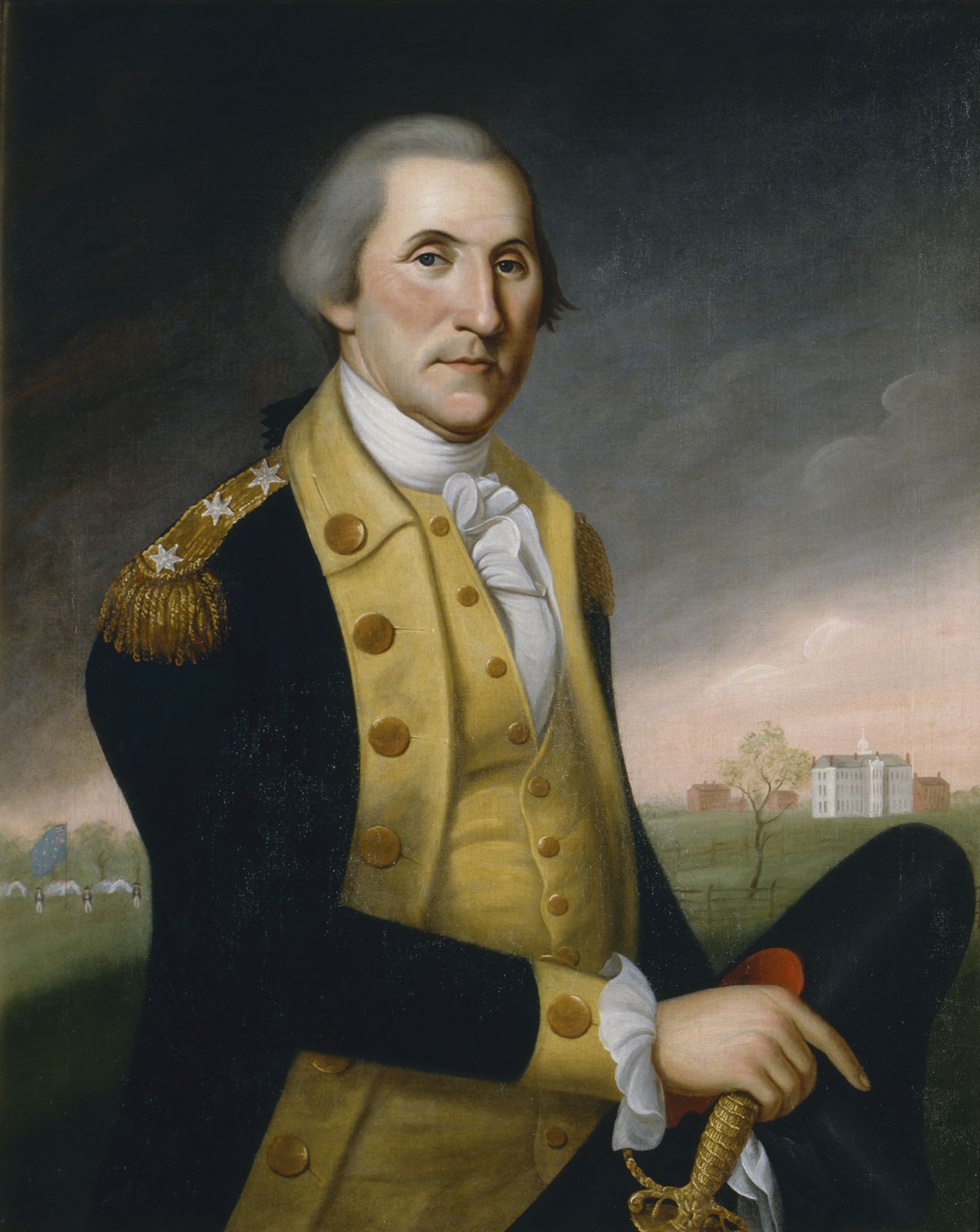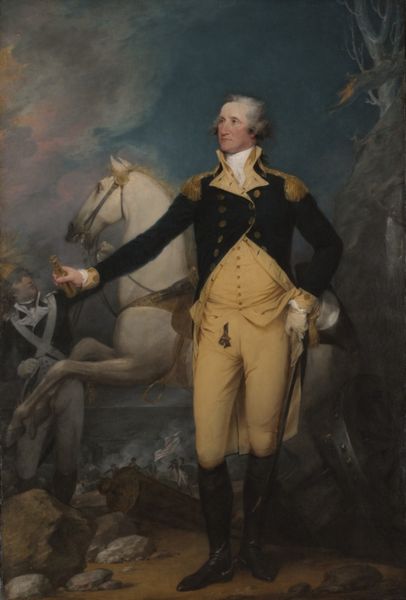


In the last couple of decades, books like those by James Flexner have gotten things right. Forgers also preyed on a public that demanded anything Washington.Īfter a long period of other books and orations that were full of inaccuracies, Washington fell out of the public eye before gaining some attention in the 80s. Such books were easy to write to a gullible public who yearned for information about our first president. Lengel spoke for about 20 minutes, covering some of the early authors such as Mason Locke Weems, who invented the cherry tree fable among other fiction. What can’t be forgiven, and is the really sad part was the way his papers were treated. It’s inexcusable the way some of them invented stories just to make money, but Lengel puts the times in perspective, which softens the blow in some cases. I’m about a third of the way through with his book, a colorful, eye-opening look that exposes the money-hungry villains who told outright lies about our first President. Small and intimate, the event took place at their bookstore. The public Washington evolved into an eternal symbol as Father of His Country, while the private man remained at the periphery of the national vision-always just out of reach-for successive generations yearning to know him as never before.” - Inner Sleeve, "Inventing George Washington"Īuthor Edward Lengel, senior editor with “The Papers of George Washington,” and author of “Inventing George Washington, America’s Founder, In Myth and Memory,” spoke at the National Portrait Gallery yesterday. Lengel shows how the late president and war hero continued to serve his nation on two distinct levels. "In Inventing George Washington, historian Edward G.


 0 kommentar(er)
0 kommentar(er)
